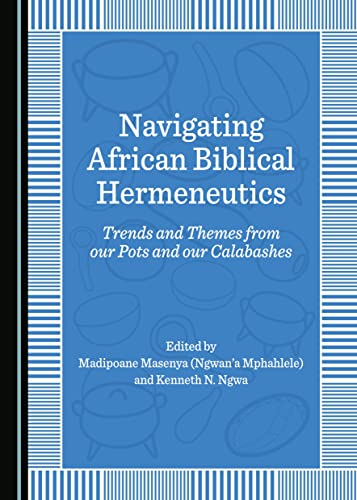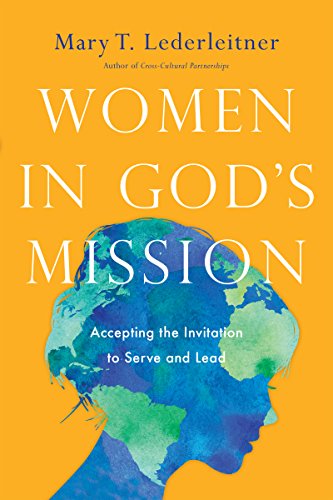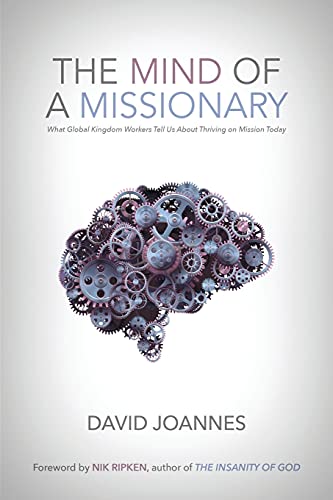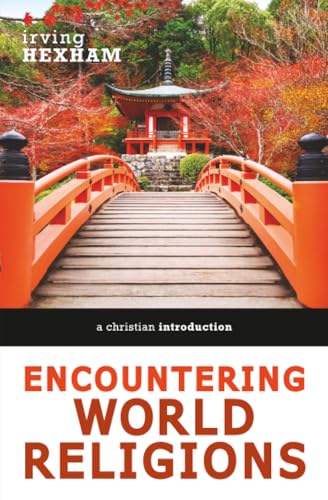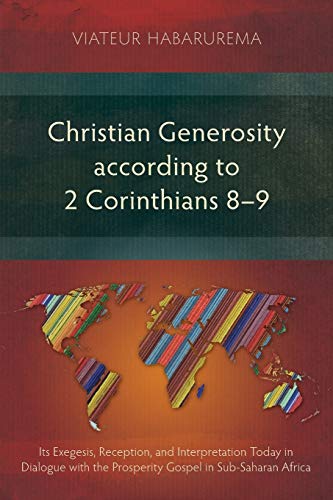Navigating African Biblical Hermeneutics: Trends and Themes from Our Pots and Our Calabashes
Written by Madipoane Masenya (Ngwan’a Mphahlele) and Kenneth N. Ngwa, eds. Reviewed By Abeneazer G. UrgaNavigating African Biblical Hermeneutics is a compendium of papers presented at the 2014 SBL annual meeting. The book divides into five parts that address hermeneutical methods and themes revolving around power, wealth, sexuality, masculinity, HIV/AIDS, and the crises of war and violence.
In chapter 1, Alice Yafeh-Deigh argues that women are the victims of the HIV and AIDS epidemic. She employs a postcolonial Afro-feminist-womanist hermeneutic and Dale Martin’s hermeneutic of love. She insists that 1 Corinthians 7 could address this social injustice by allowing the oppressed and marginalized to be involved and contribute to policymaking. In chapter 2, Funlọla O. Ọlọjẹde proposes that African hermeneutics needs to be both context-sensitive and gender-sensitive. She demonstrates the gender-sensitive method on the book of Proverbs, arguing that Proverbs is neither anti-women nor female-friendly. Instead, she finds Proverbs to reflect both the negative and positive character qualities of both males and females. In chapter 3, Aloo Osotsi Mojola presents Ubuntu as a hermeneutical method of Bishop Desmond Tutu, which calls for the adoption of an inclusivist reading of the Bible and concern for the oppressed.
In chapter 4, Robert Wafawanaka addresses the issue of the prosperity gospel in Sub-Saharan Africa. He insists that the health and wealth gospel exacerbates poverty in Africa rather than alleviates it. He argues that wealth, according to the Bible, is not just about money and individual success but is about a holistic “dynamic communal concept” (p. 85). In chapter 5, Ndikho Mtshiselwa responds to Wafawanaka by noting that Deuteronomy 14:28–29, Leviticus 19:9–10, and Exodus 35:4–9 speak against prosperity gospel preachers’ proclivity to amass wealth for themselves and neglect the poor in their own congregations. The passages instead provide “liberative possibilities for the poor” (p. 99). In chapter 6, Hulisani Ramantswana reflects on the death of 116 pilgrims at the Synagogue Church of All Nations, where T. B. Joshua ministers. Based on Luke 11:47–51, he argues that the death of these pilgrims calls out for addressing structural injustices.
In chapter 7, Madipoane Masenya and Marthe Maleke Kondemo look at the book of Ruth and discuss the problem of heterosexual marriage’s normativity among the Mongo women. The authors find seeking financial and emotional dependence on men among the Mongo women and in the world of Ruth through marriage to be patriarchal and disenfranchising. In chapter 8, Robert Kuloba Wabyanga argues that the homophobic stance of Sub-Saharan Africa is a patriarchal ideology implanted by the colonizers and strengthened by the Bible. He showcases his argument using a case study on the Bamasaba and Baganda peoples. In chapter 9, Elna Mouton postulates that the household code of Ephesians 5:21–33 has a transformative potential if it is read christologically, as it confronts any hierarchical, patriarchal, and exploitative ideology.
In chapter 10, Kenneth Ngwa argues that the Bible and the gun are the two tools that play a significant role in the identity formation of colonial and postcolonial Africa. He asserts that both were introduced to the continent by the colonial powers. In chapter 11, R. S. Wafula uses a post-colonial reading of Genesis 18–19 to critique the ethnic violence done by the Kikuyus of Kenya against the Luo people group by gleaning from the violence sanctioned against the Moabites by Abraham’s descendants. In chapter 12, Thema Bryant-Davis and four co-authors explicate the sexual atrocities committed against Liberian women during the civil war (1989–2003) using ethnographic and feminist theology and psychology. In chapter 13, Shelley Ashdown reads Ephesians 6:10–18 with the non-scholar people of Ndorobo of Kenya and makes the passage relevant to the African context.
In chapter 14, Dorothy Bea Akoto responds to the essays concerned with sexuality, gender, HIV and AIDS in this volume. She believes that the essays perpetuate a patriarchal reading of the Bible instead of providing alternatives. In chapter 15, Gilbert Okuro Ojwang responds to the essays related to violence. Ojwang pushes back on Ngwa’s assertion that biblical hermeneutics contributed to the necropolis in the African milieu. He also doubts Wafula’s argument that the Bible assisted in the colonization of Africa. Concerning the essay about sexual violence against Liberian women, Ojwang suggests involving both survivors and men as part of seeking a solution. He recommends the involvement of a scholarly reading of the Bible in tandem with non-scholarly reading, as Ashdown demonstrates in her chapter.
Of all the essays in Navigating African Biblical Hermeneutics, I found chapter 2 by Ọlọjẹde to be the most even-handed. She resists the proclivity of many feminist scholars’ attempts to make every text “gynocentric” and suggests complementarity of both genders in hermeneutics. Chapter 14 is eye-opening to the cost women and children pay during wars as well as the post-war physical and spiritual needs of women.
Although the book claims to be from the pots and calabashes of Africa, in reality, the essays in the book betray the fact that they are from the Töpfe and Küche of German theologians seasoned with the spices of American liberal scholars. There is nothing methodologically African here, making the book’s title misleading. The inclination of most of the contributors is to blame the Bible for Africa’s problems. Nevertheless, given their adoption of Western liberal hermeneutics, their disregard for the Bible is not surprising.
The methods employed in this work underplay the notion of sin and instead suggest that Africa’s biggest problems are patriarchy and masculinity. Questions formulated in the West are wrongly assumed to be the burning questions of Africa, and thus these essays scratch where Africans are not itching. While the book is thought-provoking, its heavy reliance on Western liberal approaches weakens its arguments.
Abeneazer G. Urga
Abeneazer G. Urga
Columbia International University
Columbia, South Carolina, USA
Other Articles in this Issue
This article is a brief response to Bill Mounce’s recent Themelios essay in which he argues that functional equivalence translations such as the NIV are the most effective approach to Bible translation as they carry over the meaning of the original text...
In 1 Timothy 2:15, Paul asserts “the woman will be saved through the childbirth...
This article argues that Paul compares the day of the Lord to a thief in the night in 1 Thessalonians 5:2 because of the influence of Joel 2:9...
The Jerusalem Donation was the Apostle Paul’s largest charity drive...


